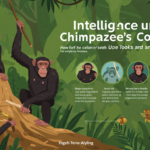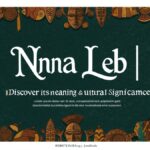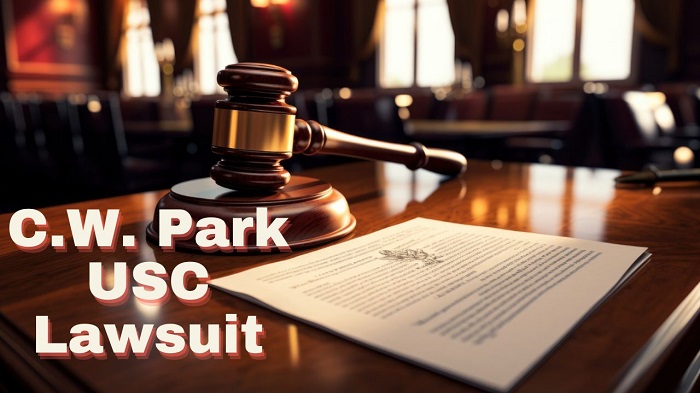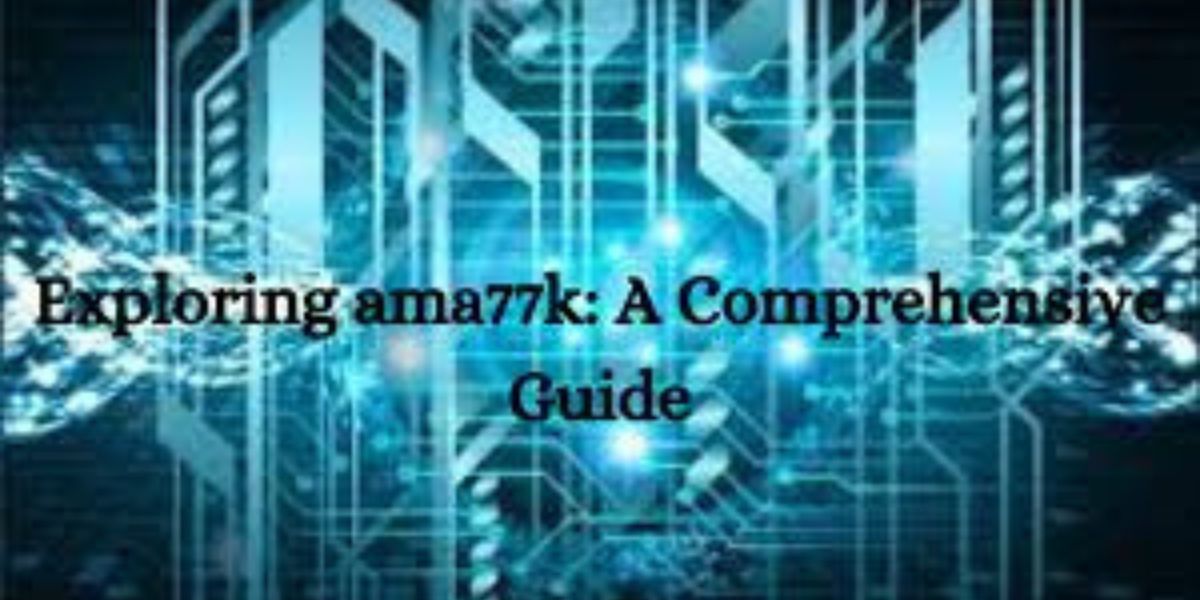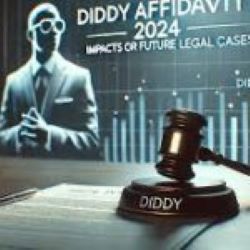In recent times, the academic and legal worlds have been abuzz with discussions surrounding the “C.W. Park USC lawsuit”. This case involves C.W. Park, a professor at the University of Southern California (USC), and has significant implications for academic integrity, employment law, and institutional policies. This article delves into the details of the lawsuit, the background of the involved parties, the allegations, the legal proceedings, and the broader impact on the academic community.
Background of C.W. Park and USC
C.W. Park
C.W. Park is a renowned professor of marketing at the USC Marshall School of Business. He has made substantial contributions C.W. Park USC Lawsuit to the field of marketing, particularly in brand management and consumer behavior. With numerous publications and awards to his name, Park is a respected figure in academia.
University of Southern California (USC)
USC, located in Los Angeles, California, is one of the leading private research universities in the United States. The university is known for its diverse academic programs, extensive research initiatives, and a vibrant student community. The USC Marshall School of Business is particularly esteemed for its business education and research excellence.
Overview of the Lawsuit
The lawsuit involving C.W. Park and USC is complex, with multiple facets that include allegations of misconduct, breach of contract, and wrongful termination. The case has garnered significant media attention, raising questions about academic freedom, employment rights, and institutional accountability.
Allegations Against C.W. Park
The core of the lawsuit revolves around allegations made by USC against C.W. Park. These allegations include:
- Academic Misconduct: USC has accused Park of engaging in academic misconduct, C.W. Park USC Lawsuit including falsification of research data and plagiarism. These allegations, if proven true, could severely damage Park’s reputation and career.
- Breach of Contract: The university claims that Park breached his employment contract by failing to adhere to the institution’s policies and ethical standards. This includes allegations of improper use of university resources for personal gain.
- Violation of University Policies: Park is accused C.W. Park USC Lawsuit of violating various university policies, including those related to research ethics, financial management, and professional conduct.
C.W. Park’s Defense
In response to the allegations, C.W. Park has mounted a vigorous defense, asserting that C.W. Park USC Lawsuit the accusations are baseless and motivated by personal and political agendas within the university. Park’s defense includes:
- Denial of Misconduct: Park denies all allegations of academic misconduct, insisting that his research is rigorous and ethically sound. He claims that any errors in his work were unintentional and do not constitute misconduct.
- Retaliation Claims: Park alleges that the lawsuit is a form of retaliation by USC for his outspoken criticism of certain university policies and practices. He claims that his termination was unjust and intended to silence him.
- Legal Counterclaims: Park has filed counterclaims against USC, including wrongful termination, defamation, and breach of contract. He seeks reinstatement to his position, compensation for damages, and a public apology from the university.
Legal Proceedings and Developments
The legal battle between C.W. Park and USC has seen several significant developments, with both sides presenting their arguments in court. Key milestones in the case include:
Initial Filing and Preliminary Hearings
The lawsuit was initially filed by USC, with Park subsequently filing his counterclaims. Preliminary hearings focused on procedural matters and the admissibility of evidence. Both sides presented their initial arguments, setting the stage for a protracted legal battle.
Discovery Phase
During the discovery phase, both parties exchanged documents, emails, and other evidence C.W. Park USC Lawsuit relevant to the case. This phase was marked by intense scrutiny of Park’s research work, financial records, and communications with colleagues and university officials.
Testimonies and Expert Witnesses
The trial featured testimonies from various witnesses, including colleagues, students, and experts in the field of marketing and academic ethics. Expert witnesses provided insights into the standards of academic research and the potential implications of the allegations.
Court Rulings and Appeals
Several court rulings addressed procedural issues, motions to dismiss, and requests for summary judgment. Both sides have indicated their intent to appeal unfavorable rulings, prolonging the legal battle and increasing its complexity.
Broader Implications of the C.W. Park USC Lawsuit
The lawsuit has far-reaching implications for the academic community, institutional governance, and employment law. Key areas of impact include:
Academic Integrity and Research Ethics
The case highlights the importance of academic integrity and the rigorous standards required for research. It underscores the need for clear policies and robust oversight mechanisms to prevent and address misconduct. The outcome of the lawsuit could influence how universities handle allegations of academic misconduct in the future.
Employment Rights and Institutional Accountability
The lawsuit raises critical questions about the rights of faculty members and the responsibilities of academic institutions. It underscores the need for transparent and fair procedures for addressing grievances, ensuring that faculty members are protected from wrongful termination and retaliation.
Impact on USC’s Reputation
The lawsuit has inevitably affected USC’s reputation, drawing scrutiny to its internal policies and governance practices. The university must navigate the fallout from the case, addressing concerns about its commitment to academic freedom, fairness, and ethical conduct.
Precedent for Future Cases
The C.W. Park USC lawsuit could set a legal precedent for future cases involving academic misconduct and employment disputes in higher education. The rulings and legal interpretations from this case may influence how similar cases are adjudicated in the future.
Conclusion
The C.W. Park USC lawsuit is a complex and multifaceted case with significant implications for the academic and legal communities. As the legal battle unfolds, it serves as a reminder of the critical importance of academic integrity, employment rights, and institutional accountability. The outcome of the case will undoubtedly shape the future landscape of higher education, influencing how universities handle allegations of misconduct and protect the rights of their faculty members.
For individuals and institutions involved in academia, the case offers valuable lessons and insights. It underscores the need for clear policies, transparent procedures, and a commitment to ethical conduct. As the academic community continues to evolve, the principles and practices highlighted by the C.W. Park USC lawsuit will play a crucial role in ensuring a fair, ethical, and vibrant academic environment.


